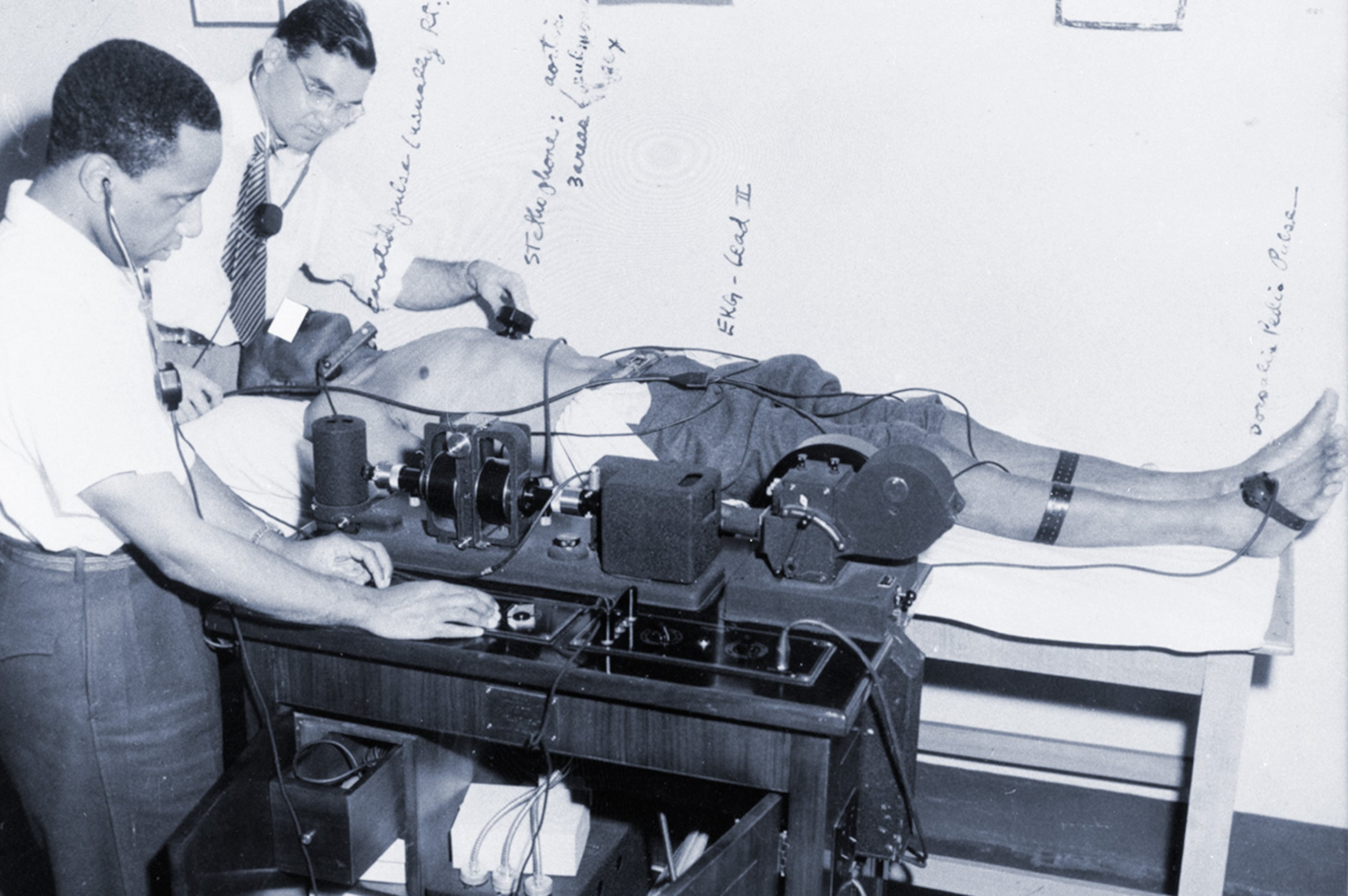Harvesting rainwater to ease Atlanta’s water woes
Metro Atlanta’s water challenges have rolled through the region like a giant thunderclap in the night, waking its residents from their dream that Georgia’s water resources are unlimited and well-managed.
U.S. District Court Judge Paul Magnuson’s order threatening a dramatic rollback in the amount of water the region can withdraw from Lake Lanier, last year’s drought and staggering property damage from storm-inundated water channels have made indisputably clear the need for new ways to think about how we gather, use and manage our water resources.
The fastest, easiest and most effective technique for increasing our available water resources, coping with drought conditions and controlling storm runoff has been overlooked so far in efforts to change the state’s water management systems, however.
A decentralized approach to rainwater harvesting, as described by Australian water authority Peter Coombes in a series of recent academic studies, can produce tremendous benefits for the state both in conservation of potable water and reduction of storm water runoff.
Rainwater-harvesting technology, available now, is a post-millennial approach to a water-management practice that has been employed for centuries.
The Georgia Plumbing Code has recently been amended to allow rainwater harvesting for watering lawns, flushing toilets and laundering clothes under certain specifications that ensure public health and safety.
How much impact can roof-collected rainwater have on metro Atlanta’s water-management problems? Plenty.
If all the roof-surface rainwater in the 13-county region was collected and stored at the site where it falls, the collection would generate more than 300 million gallons of water per day on average and remove those gallons from the urban runoff pouring into storm drains.
The savings could offset use of potable water for many high-demand purposes and help diminish the burden on storm water infrastructure.
Although the implementation of rainwater harvesting for every rooftop in metro Atlanta is not a realistic goal, this calculation shows how much impact even modest gains in rooftop collections could produce.
Rainwater harvesting as part of a broader water management strategy known as Water Sensitive Urban Design is embraced and encouraged by governments in the U.S. and abroad. Arizona, Texas, North Carolina and California offer incentives for installation of rainwater harvesting systems.
Sonoma County, Calif., operates a program where homeowners can borrow from a bond pool to enact energy- conserving modifications to a residence; the significant energy and water-saving qualities of rainwater harvesting secured its inclusion in this program.
Georgia Tech, Emory, and the University of Georgia, among others, have installed rainwater harvesting systems on their campuses capable of delivering significant amounts of water for non-potable uses and reducing runoff during rainstorms by these same amounts.
Do these systems offer a sign of things to come? I believe they do.
While efforts to address metro Atlanta’s water needs have focused primarily on immense infrastructure projects such as dams and inter-basin transfers, these solutions will require many years and billions of precious taxpayer dollars to effect.
Meantime, our challenges will only grow more acute. Rainwater harvesting can be executed right away under existing laws with comparatively modest investments, and will produce a host of tangible benefits in the near term.
Studies show that 58 percent of water use annually goes to outdoor irrigation, for example.
Why are we applying millions of gallons of water refined to EPA drinking-water standards to this use every day?
Not only will decentralized collection add to water resources, curb runoff and reduce non-point source pollution, rainwater system installation and maintenance also can create thousands of badly needed “green” jobs.
In Germany, where rainwater harvesting is widely practiced, the rainwater industry generates more than $350 million per year in revenues.
Rainwater-harvesting installation and retrofitting in Georgia could employ scores of skilled workers who have been hard-hit by the prolonged recession, including plumbers, electricians and landscapers.
I believe that rainwater harvesting must be an integral part of any sustainable solution to Georgia’s water crisis.
Time is of the essence, and rainwater harvesting can begin to close the gap between our water-supply needs and our water resources as soon as the next rain event occurs.
G. Edward Van Giesen is policy director for BRAE Rainwater Technologies Inc., a member of the American Rainwater Catchment Systems Association.


